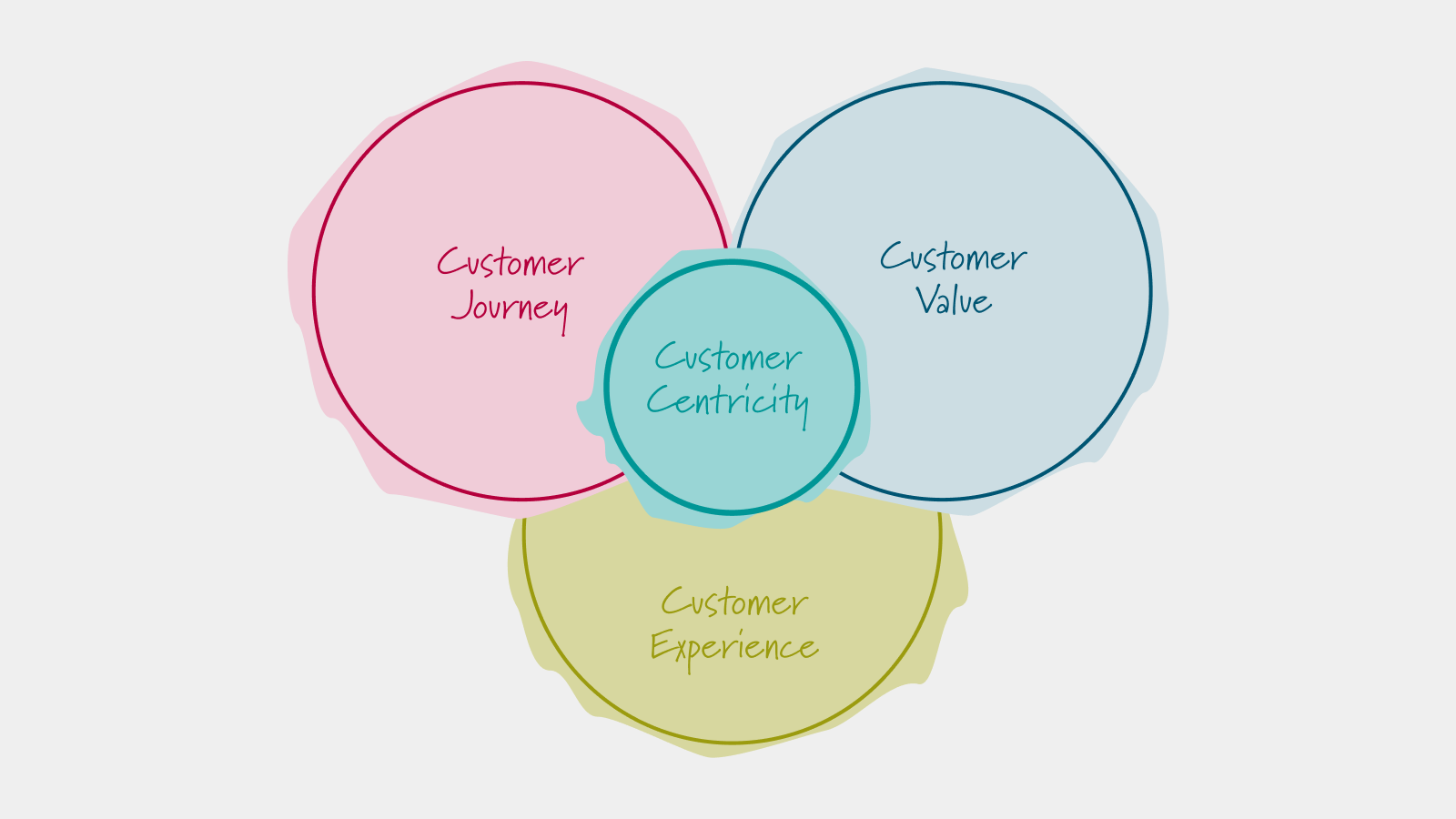
Key Benefits of Business Prototyping
A brief summary of the key benefits of business prototyping

Oliver Grasl
16.3.2017
An introduction of a brief summary of the key benefits of business prototyping
In my An Example to Illustrate The Business Prototyping Methodology I illustrated what business prototyping looks like in action – I am sure you cannot wait to get started on your first business prototyping technique – causal loop diagramming.
Before we get started on that in my Causal Loop Diagrams, I want to briefly summarize the benefits of the business prototyping methodology.
A Visual Approach That Fosters Creativity
Business prototyping is a very visual approach that fosters creativity. It relies heavily on informal sketch diagrams about where you are now, about where you would like to be, and about how to get there.

We find diagramming to be useful because it helps you to externalize your thoughts, thus opening them up for personal reflection and discussion with others.
Involve All Stakeholders
The next benefit of business prototyping is that – because it is such a visual approach – it helps you to involve all stakeholders.

This is important because it lets you tap into what I like to call “the collective brain” of your enterprise – typically you will be talking to domain experts, customers, suppliers, investors and shareholders: getting their ideas and opinion, making sure they are all on the same page about what you are trying to achieve and how.
I have been working in the consulting business for over twenty years now and I cannot remember a single instance where using this collective knowledge was not beneficial to dealing with critical issues – and I know of very many instances where it was very detrimental not to involve some key players.
Capture Complex Problems in Their Entirety
Business prototyping is about managing complexity and one of the key benefits is that it helps you to capture complex problems in their entirety:
- Multiple viewpoints
- Multiple levels of details
- Multiple variants.

This aspect of business prototyping is critical in providing the next benefit.
Never Lose Sight of The Big Picture
Business prototyping assures that you never lose sight of the big picture.
This is essential because you cannot tackle complex problems alone and you cannot solve everything at once.

So you need to divide your problem into pieces, prioritize them, delegate them, conquer each piece individually and then re-assemble and integrate the individual solutions.
This can only work well if someone keeps an overview of what is going on, and business prototyping is particularly good at helping you to do that.
A Scalable Approach
In order to deal with complex business issues, you need an approach that scales with the complexity of the problem.

Business prototyping is strong here because although you start with informal sketches and diagrams it enables you to incorporate the results of those sketches and diagrams into more formal models and simulations, if necessary. This ensures that critical ideas and decisions do not get lost, even in large-scale transformation projects.
Business Prototypes Are More Than Just Models And Simulations
It is important to note that prototypes are much more than models and simulations.
Depending on the situation, we use our prototypes in multiple ways:
- to build scenario cockpits that help you explore your current situation and new business ideas and strategies.
- to create interactive business war games.
- to inform plans and status reports.
- to generate documentation such as process manuals and organization handbooks.

Test Ideas in a Risk-Free Environment
Let us face it: when making big decisions about your business you cannot afford to fail.
Performing “live” experiments with your company can be risky, expensive, dangerous, and – especially if the experiments go wrong – they can also be really bad for morale.

Business prototyping helps you to experiment with new ideas, designs and policies before you put them into action. And when you do decide to put them into action, you can use your prototypes as guidance.
Think in Scenarios
And finally, as I illustrated in my example in the last video, business prototyping helps you to think through possible future scenarios in a systematic way.

This is important because it takes away the fear of the unknown and helps you to prepare for all eventualities.
Summary – Three Points to Remember
This brings us to the end of our introduction to business prototyping.
If you remember only three points from this introduction, then you should remember the following three:
- Business prototyping is a visual, model-driven approach to managing the complexity of business transformation. It involves all key stakeholders and helps you to tap into your company’s collective brain of talent.
- Business prototyping is a very scalable approach. It provides the processes and techniques you need to deal with both explorative, innovative business ventures and also with large-scale business transformation.
- Business Prototyping is a playful, yet rigorous approach. It helps you to identify and think through new business ideas and strategies in a systematic way and enables you to test them in a risk-free environment before you put them into action.

In my next post, I am going to introduce you to your first business prototyping technique, Causal Loop Diagrams.
Workshops
Resources
All Rights Reserved.


